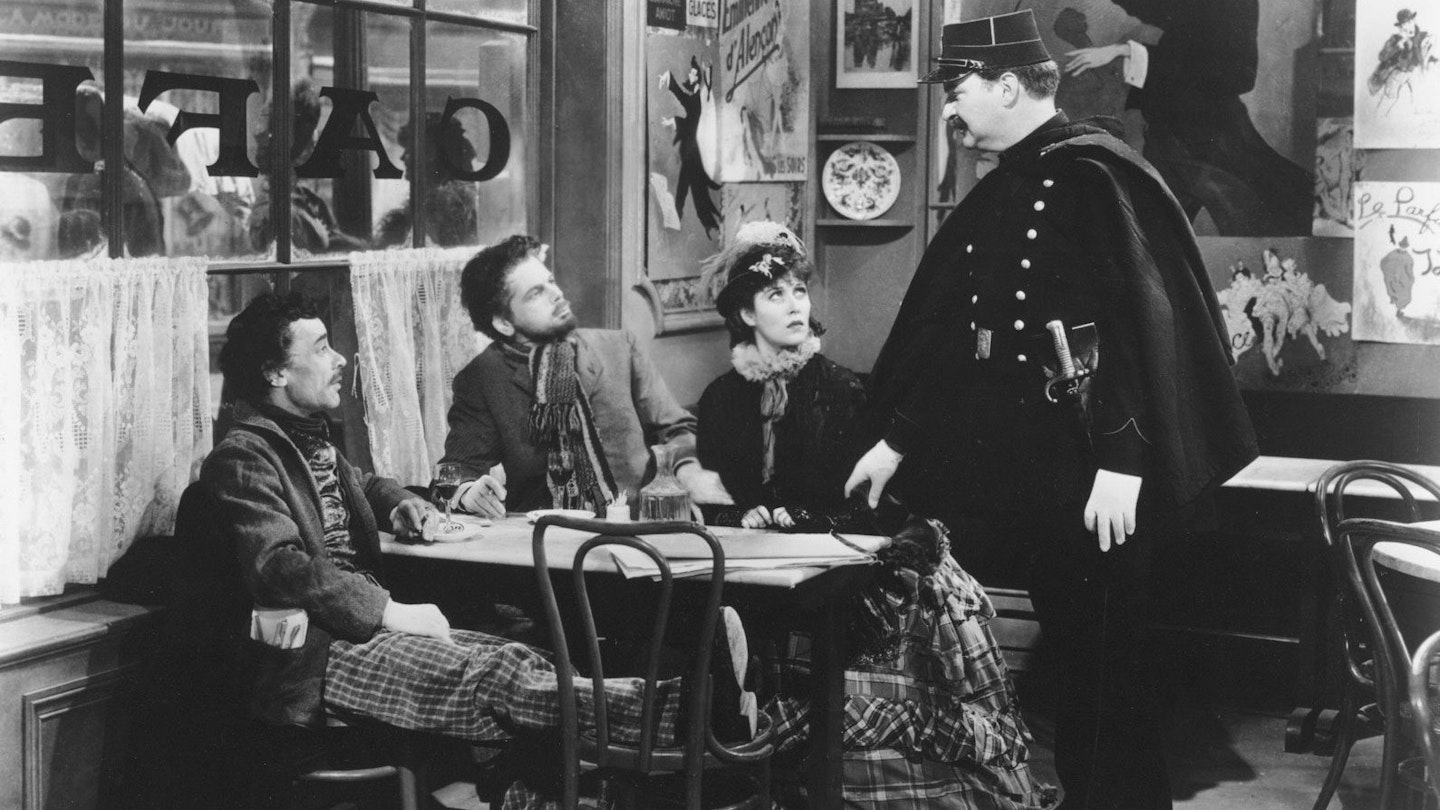William Dieterle was Hollywood's master biographer. In addition to this life of the crusading French novelist, he also directed Paul Muni in The Story of Louis Pasteur and Juarez, as well as Edward G. Robinson in Dr Erlich's Magic Bullet and A Dispatch from Reuters. He was anything but a stickler for historical accuracy. But his evocation of a particular time and place was exemplary, while he always managed to capture the passion that drove his subject invariably to triumph over considerable odds.
Muni, on the other hand, was the prototype Method actor. He read Zola's complete works, researched the entire Dreyfus Affair and experimented with various make-up designs (with the peerless make-up artist Perc Westmore) before finding a look that best conveyed the writer's physique and psyche.
He was highly fortunate to land the role, however, as playwrights Heinz Herald and Geza Herczeg had originally brought the project to Ernst Lubitsch at Paramount and only his sense of artistic fair play had prompted him to sell it on to Warners, as he knew Muni was the only actor in Hollywood capable of essaying such a complex character. His perfectionism rubbed off on the rest of the cast and crew - who gave him a standing ovation after he pushed himself through repeated single takes of the famous six-minute trial speech. However, Muni was overlooked by the Academy, whose members curiously preferred Spencer Tracy's mannered turn in Captains Courageous.
Joseph Schildkraut did win Best Supporting Actor, though, for his moving portrayal of Dreyfus, whose Judaism is never openly referred to throughout the picture, although it is clearly implied - along with a condemnation of the Nazi treatment of the Jews in the exiled Dieterle's homeland.
The film was a considerable commercial success, unlike José Ferrer's redundant I Accuse, which boasted a Gore Vidal script and the director hamming it up as Dreyfus opposite Emlyn Williams's Zola.
